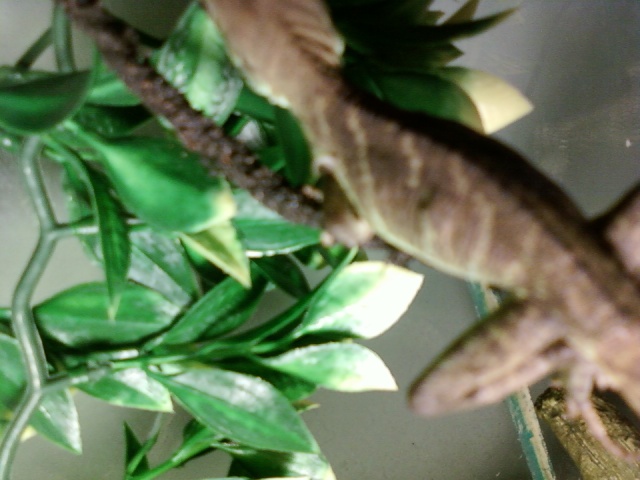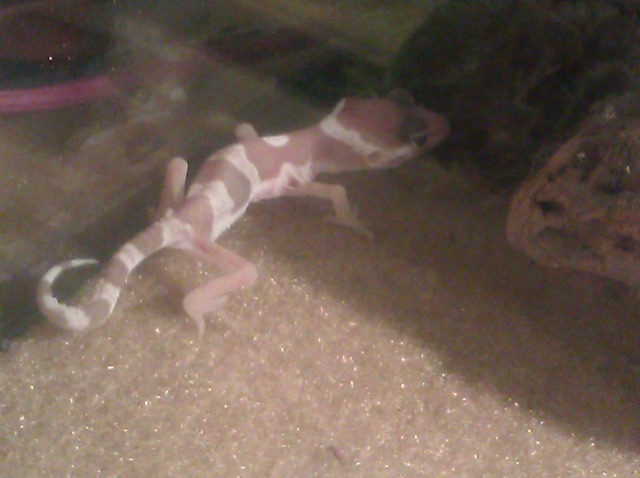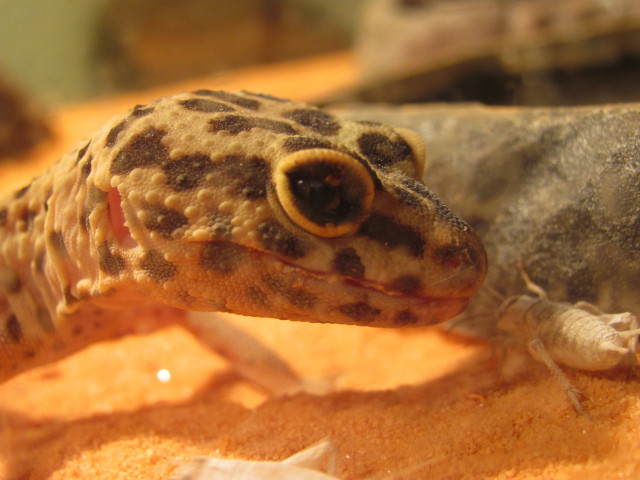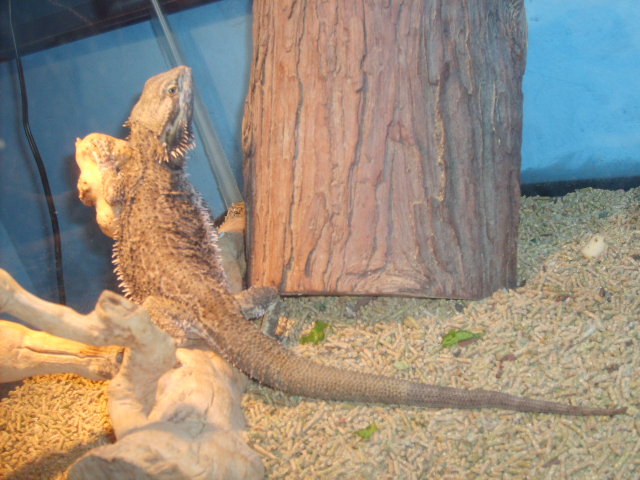QuestionI have a cage build with desert needs: 15-20 gallon tank (about) Heat pad under glass, regular light, black light on other side of tank. Medium sized water bowl, reasonable humid spot and sprits bottle. Repti-carpet for flooring, regular hide spot, log suited for safe-adventurous climbing. And am looking to buy what I saw as a decent sized White out morph (white streak on back, with mostly brown and dark brown colors) maybe 4-5 month old fat-tailed gecko. He was a decent few inches, odd looking tail I say. On to my question, I have experience with desert animals and Leopard Geckos but have never even known of fat-tails until a few days ago. I was wondering if they are any easier/harder to take care of, but Mainly about their hardiness and immunity to illness and parasites. I don't need specifics if you cannot provide them, but anything on these silky little creatures would do. Please let me know how healthy they generally are, is my question, and if I have a suitable cage of which they can live (alone) in.
AnswerMany people keep African Fat Tail geckos in a setup like yours. It's very important to maintain the humid hide at all times, because AFTs require a higher humidity than leopard geckos. Misting the cage a couple of times a day will also help. Alternatively, you may use coconut fiber or peat moss as a substrate, keeping it lightly moist, to provide more humidity.
Aside from that, their care requirements are pretty much the same as a leopard gecko.
Most AFTs are domestically produced (captive bred) these days, so illness and parasites are no more a concern than they are with leopard geckos. As with any reptile, where you get the animal from will make a big difference there. It's always preferable to buy an animal directly from a reputable breeder. You may also find nice animals at an expo. As for pet stores--buyer beware.
Preventing illnesses that the animal didn't have when you got is is a simple matter of maintaining the proper cage conditions (with an AFT, in particular, make sure that humidity is high enough to prevent dehydration and shedding problems), keeping things clean, and feeding a nutritious diet (gut-loaded, calcium-dusted crickets and other insects). As with all reptiles, an annual vet visit for a checkup and parasite test is a good idea.

 Chinese Water Dragon Broken Rib??
Question
Side Lump
Hi,
My fiance and I have a chinese w
Chinese Water Dragon Broken Rib??
Question
Side Lump
Hi,
My fiance and I have a chinese w
 Little Leo Gecko SICKKK
Question
Leo Gecko Sick
I just recently bo
Little Leo Gecko SICKKK
Question
Leo Gecko Sick
I just recently bo
 My Green Water Dragon
Question
jan.1st
Can you possibly tell me what to look
My Green Water Dragon
Question
jan.1st
Can you possibly tell me what to look
 eye problems
Questionhis eye
QUESTION: my 2 year old male leo
eye problems
Questionhis eye
QUESTION: my 2 year old male leo
 ranking beardie or not?
Question
BubbaBoy
i recently bought a bearded dragon it
ranking beardie or not?
Question
BubbaBoy
i recently bought a bearded dragon it